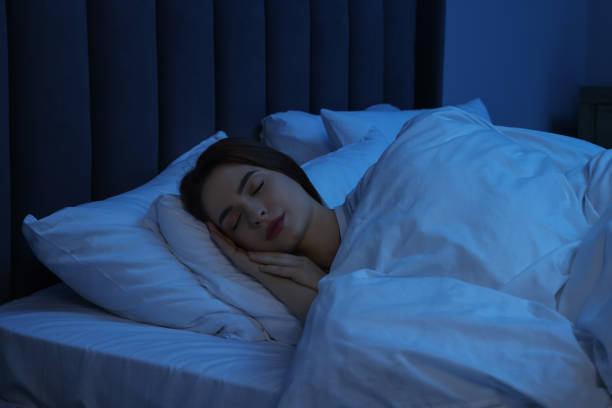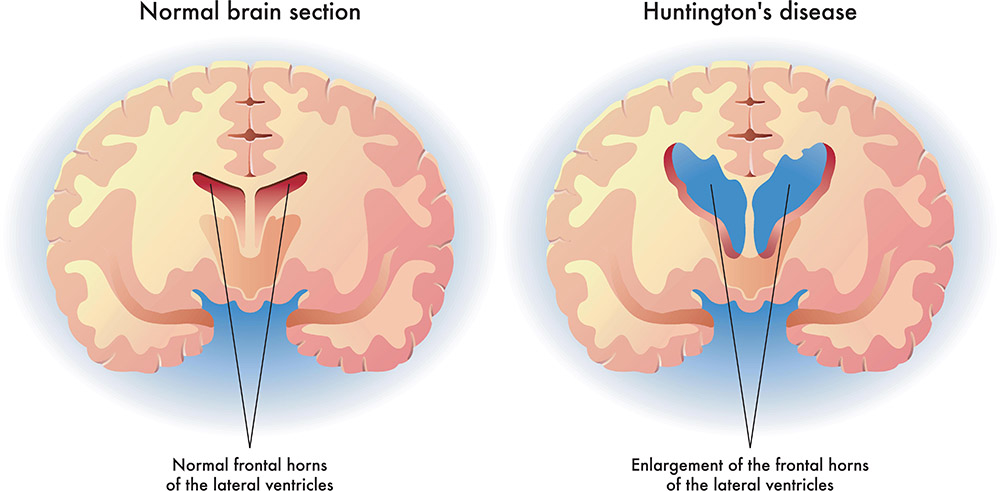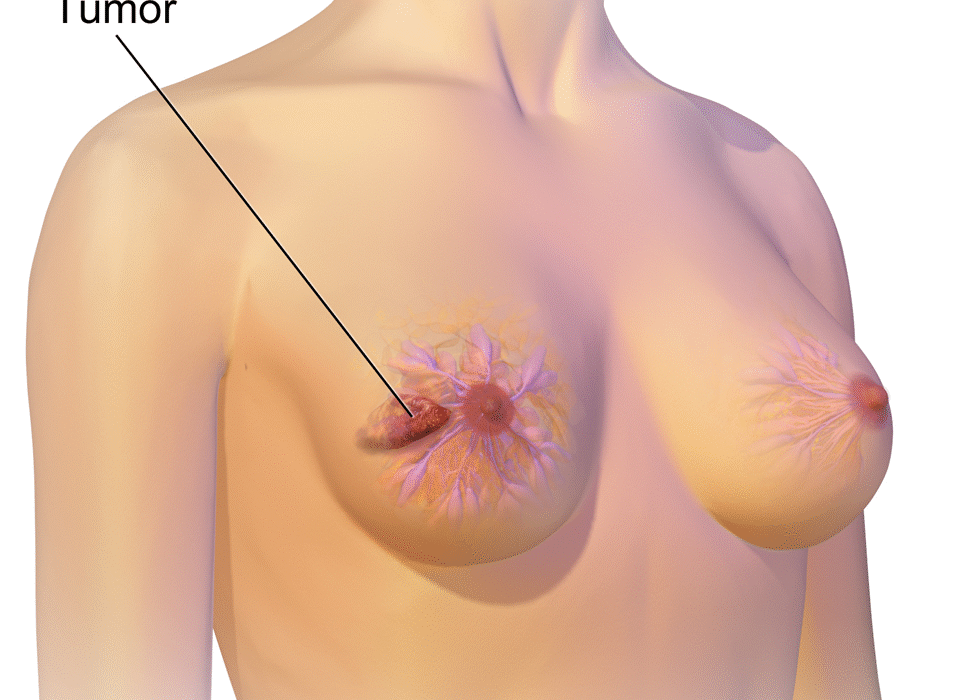Sleep is one of the most essential aspects of human life, yet it remains one of the most misunderstood. We spend nearly one-third of our lives asleep, but in a world obsessed with productivity, sleep is often treated as a luxury instead of a necessity. The truth is, sleep is as vital to our survival as food and water. It fuels our brain, restores our body, and protects our health in countless ways.
And yet millions of people struggle with getting quality sleep. According to the World Health Organization, poor sleep is now considered a global epidemic, linked to everything from weakened immunity to heart disease, obesity, anxiety, and even shortened lifespan. But here’s the good news: science has given us powerful tools to improve our sleep. Small changes in our habits, routines, and environments can make the difference between tossing and turning and drifting into deep, restorative rest.
This article dives into 15 science-backed sleep hacks that can help you fall asleep faster, stay asleep longer, and wake up feeling refreshed. These aren’t just quick tips—they are proven strategies rooted in neuroscience, chronobiology, and sleep medicine.
1. Stick to a Consistent Sleep Schedule
One of the most powerful ways to improve your sleep is deceptively simple: go to bed and wake up at the same time every day—even on weekends.
Your body has an internal biological clock, known as the circadian rhythm, which regulates sleep and wake cycles. When you stick to a consistent schedule, your brain learns when to release sleep hormones like melatonin and when to prepare for wakefulness.
In contrast, irregular sleep patterns—like staying up late on Friday and sleeping in on Saturday—can cause what scientists call “social jet lag.” This misalignment between your biological clock and your lifestyle can leave you groggy, unfocused, and more vulnerable to chronic sleep problems.
Consistency reinforces your natural rhythms, making it easier to fall asleep at night and wake up feeling energized.
2. Get Morning Sunlight Exposure
The secret to a good night’s sleep often begins in the morning. Exposure to natural sunlight within the first hour of waking helps regulate your circadian rhythm.
When sunlight enters your eyes, it signals the brain’s suprachiasmatic nucleus (SCN)—the master clock—that it’s time to be awake. This boosts cortisol (a healthy stress hormone in the morning) and suppresses melatonin production. Later in the day, your brain will naturally increase melatonin levels, helping you fall asleep at night.
Even 15–20 minutes of sunlight in the morning can dramatically improve sleep quality, mood, and energy. If natural sunlight isn’t possible, a light therapy lamp can be an effective alternative, especially in winter or for people living in low-sunlight regions.
3. Limit Blue Light Before Bed
While light in the morning helps you wake up, light at night can keep you awake. Screens from phones, tablets, and computers emit blue light, which mimics daylight and tricks your brain into staying alert.
Studies show that exposure to blue light in the evening suppresses melatonin production, making it harder to fall asleep. This is why many people lie awake scrolling, even when they feel tired.
The fix? Avoid screens at least one hour before bed. If that’s not possible, use blue light filters or “night mode” on devices, or wear blue-light-blocking glasses. Dimming indoor lights in the evening also signals your body that it’s time to wind down.
4. Create a Sleep-Friendly Bedroom Environment
Your bedroom should be a sleep sanctuary—a place that tells your body and brain it’s time to rest. Small environmental tweaks can have a massive impact on sleep quality.
Science shows the ideal sleep environment includes:
- Cool temperatures: Around 18–20°C (65–68°F) is optimal for most people. Body temperature naturally drops at night, and a cool room supports this process.
- Darkness: Darkness triggers melatonin production. Use blackout curtains or a sleep mask if necessary.
- Quiet: Noise disrupts sleep stages. White noise machines, fans, or earplugs can help mask disruptive sounds.
- Comfortable bedding: A supportive mattress and pillow aligned with your sleep position improve both comfort and spinal health.
Think of your bedroom as a cave: cool, dark, and quiet. Your body will thank you with deeper, more restorative sleep.
5. Exercise Regularly—but Not Too Late
Exercise is one of the best natural sleep aids. Research shows that regular physical activity helps people fall asleep faster, increases deep sleep, and reduces insomnia symptoms.
Exercise reduces stress, balances hormones, and tires the body in a healthy way. However, timing matters. Intense exercise within 1–2 hours of bedtime may raise heart rate, body temperature, and adrenaline, making it harder to sleep.
Morning or afternoon workouts are ideal, but even light evening activities like yoga or stretching can promote relaxation and prepare the body for sleep.
6. Limit Caffeine and Stimulants
Caffeine is the world’s most popular stimulant, but it can sabotage sleep if consumed too late. Found in coffee, tea, energy drinks, and chocolate, caffeine blocks adenosine—a brain chemical that builds up during the day and makes you feel sleepy.
The half-life of caffeine is about 5–7 hours, meaning that if you drink coffee at 4 p.m., half of it could still be in your system at 10 p.m. This can delay sleep onset and reduce deep sleep stages.
To optimize sleep, avoid caffeine after early afternoon, or switch to decaf and herbal teas. If you’re particularly sensitive, even morning coffee can linger—experiment with cutting back to see how your sleep improves.
7. Practice Relaxation Techniques Before Bed
Modern life is stressful, and stress is a leading cause of poor sleep. The nervous system has two modes: sympathetic (fight or flight) and parasympathetic (rest and digest). For sleep, you need to activate the latter.
Proven relaxation techniques include:
- Deep breathing exercises (like the 4-7-8 method) to calm the nervous system.
- Progressive muscle relaxation, tensing and releasing muscles to release stored tension.
- Meditation or mindfulness, which reduce racing thoughts.
- Journaling, writing down worries or gratitude to clear the mind.
Just 10–15 minutes of relaxation before bed can shift your body into sleep mode, reducing insomnia and improving sleep depth.
8. Avoid Alcohol as a Sleep Aid
Many people believe a glass of wine or whiskey helps them sleep. While alcohol may make you drowsy initially, it disrupts sleep architecture—the natural cycle of REM and deep sleep.
Studies show alcohol suppresses REM sleep, the stage critical for memory, learning, and emotional processing. It also increases sleep fragmentation, meaning you wake up more during the night.
If you want to sleep soundly, limit alcohol in the evening. A drink with dinner may not harm, but drinking close to bedtime can sabotage the restorative benefits of sleep.
9. Use the Power of Naps Wisely
Naps can be a powerful way to recharge, but they can also interfere with nighttime sleep if misused. Science suggests the perfect nap is 20–30 minutes—long enough to boost alertness and memory but short enough to avoid grogginess (sleep inertia).
Longer naps (60–90 minutes) can provide a full sleep cycle, including REM, but they are best taken earlier in the day to avoid disrupting nighttime sleep. If you struggle with insomnia, it’s best to skip naps altogether to consolidate nighttime rest.
10. Optimize Your Evening Routine
What you do in the hour before bed sets the stage for sleep. A chaotic evening routine full of screens, stress, or late-night work can sabotage even the best sleep environment.
Instead, create a wind-down ritual:
- Dim the lights.
- Take a warm shower or bath (the post-shower cooling mimics the body’s natural sleep preparation).
- Read a physical book under soft light.
- Listen to calming music or nature sounds.
This trains your body to recognize sleep cues, just like bedtime routines work for children.
11. Eat Sleep-Friendly Foods
What you eat affects how you sleep. Certain foods contain nutrients that promote sleep-inducing brain chemicals.
Some proven sleep-friendly options include:
- Tryptophan-rich foods (turkey, chicken, nuts, seeds) that help produce melatonin.
- Magnesium-rich foods (almonds, spinach, bananas) that relax muscles and calm the nervous system.
- Complex carbs (whole grains, oatmeal) that help transport tryptophan to the brain.
- Tart cherries, one of the few natural sources of melatonin.
Avoid heavy, spicy, or sugary meals close to bedtime, as they can cause indigestion and blood sugar spikes that interfere with sleep.
12. Keep Technology Out of the Bedroom
Your bedroom should be reserved for two things: sleep and intimacy. Bringing in phones, laptops, or TVs not only exposes you to blue light but also conditions your brain to associate the bedroom with activity rather than rest.
The constant ping of notifications and the temptation to scroll through social media keep your brain stimulated when it should be winding down. Charge devices outside the bedroom and use a traditional alarm clock instead of your phone.
This simple change can dramatically improve your ability to fall asleep and stay asleep.
13. Try Cognitive Behavioral Therapy for Insomnia (CBT-I)
For chronic sleep problems, one of the most effective treatments isn’t a pill—it’s Cognitive Behavioral Therapy for Insomnia (CBT-I). This evidence-based approach helps people change unhelpful thoughts and behaviors around sleep.
CBT-I techniques include:
- Sleep restriction therapy, limiting time in bed to strengthen sleep drive.
- Stimulus control, training your brain to associate bed with sleep, not wakefulness.
- Cognitive restructuring, reducing anxiety about not sleeping.
Research shows CBT-I can be as effective as sleep medications—and with longer-lasting results, without side effects.
14. Keep a Sleep Diary and Track Your Patterns
Self-awareness is a powerful tool for improving sleep. By keeping a sleep diary, you can identify habits, triggers, and patterns that influence your rest.
Record details like:
- Bedtime and wake-up time.
- Time spent awake at night.
- Caffeine, alcohol, or exercise timing.
- Stress levels or emotional states.
Over time, patterns will emerge. Maybe that late coffee is disrupting you, or perhaps exercise helps you sleep better. Today, sleep-tracking apps and wearables can provide even more data, from heart rate to sleep stages, giving insight into your unique rhythms.
15. Respect the Importance of Sleep
Perhaps the most important hack isn’t about what you do before bed but how you think about sleep. In a culture that glorifies busyness, sleep is often sacrificed. Yet science is clear: skimping on sleep damages nearly every aspect of health—memory, mood, immunity, heart, metabolism, and even lifespan.
When you respect sleep as a pillar of health—equal to nutrition and exercise—you prioritize it in your life. This mindset shift changes behaviors naturally. You stop seeing sleep as wasted time and start seeing it as the foundation of productivity, creativity, and well-being.
Conclusion
Sleep is not a mystery—it is a science. And science shows us that small, intentional changes can transform the way we rest. From aligning with your circadian rhythm to creating the right environment and managing stress, these 15 proven sleep hacks offer powerful tools to reclaim deep, restorative sleep.
By respecting your body’s need for rest and applying these strategies consistently, you give yourself one of the greatest gifts possible: waking up each morning energized, clear-minded, and ready to meet life’s challenges.
Because when we sleep better, we live better.






